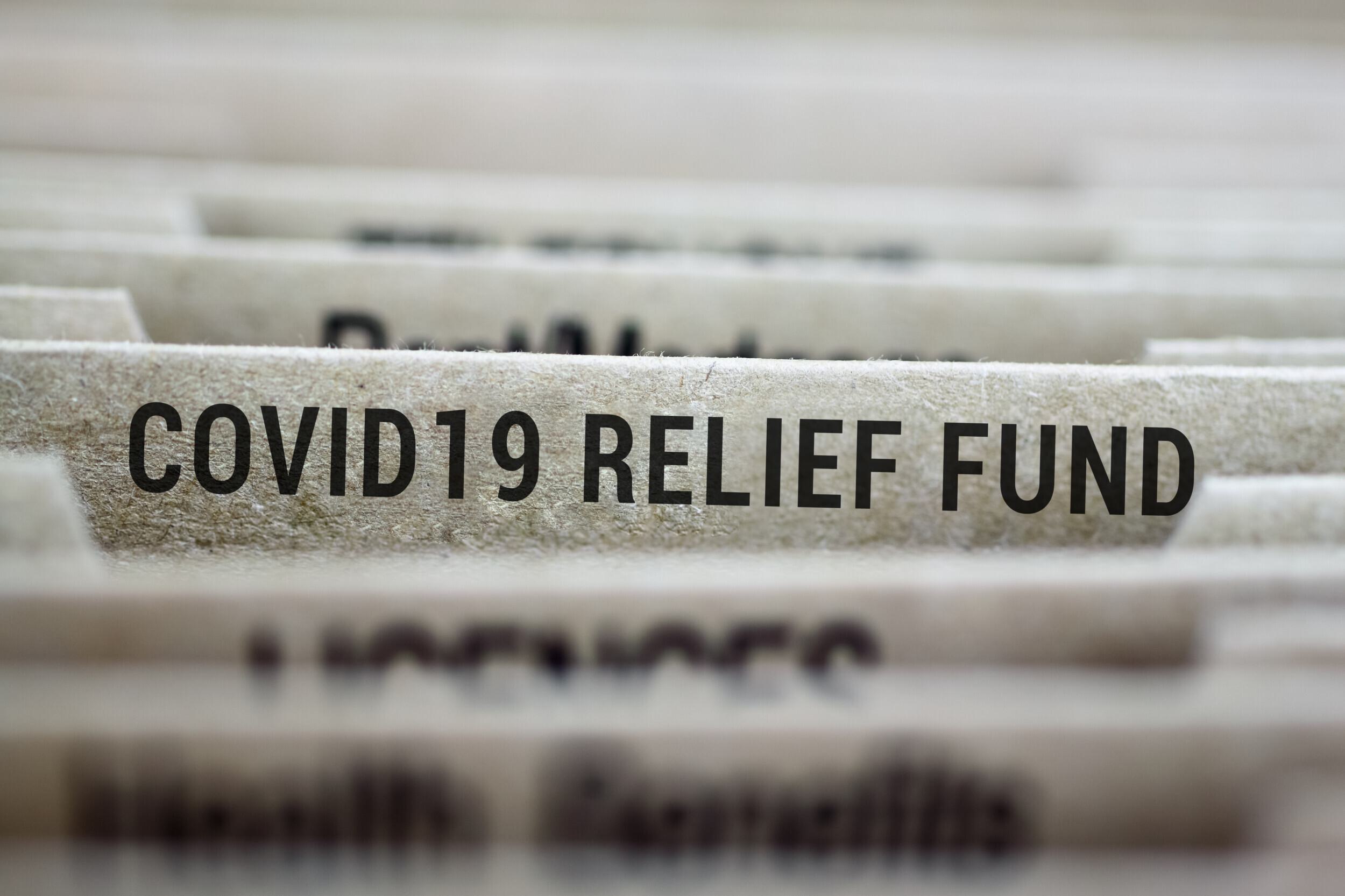On last week’s episode of Alabama Public Television’s Capitol Journal, Gov. Kay Ivey (R) and Alabama Senate President Pro Tem Greg Reed (R-Jasper) spoke about enacting a tax relief package in the 2023 legislative session. Both lawmakers endorsed a one-time rebate over permanent tax relief.
In an era when the state has more revenue on hand than at any point in history, why aren’t lawmakers promoting bolder ideas to provide long-lasting relief to Alabamians? Comments from Ivey and Reed indicate that state government already has other plans on how to spend our surplus tax dollars.
“We are working hard to be sure that if we do give some rebates back that it’s an amount sufficient to make people realize that they got some of their money back,” Ivey said. “That’s important. I don’t want to just give them a token amount.” Ivey previously said that she would “present a plan to the Legislature to allocate these funds in a manner that helps our citizens with the issues that we face today, while also considering our children and their future.”
Reed echoed her sentiment, asking how we should manage the surpluses. “Do we send some of that money, of course, back to the people of Alabama? Do we use it on schools and education? (Are) there issues there that we’ve not had enough money to do in the past that we need to use it for? What are the most important areas for us to be able to focus those resources?”
Reed’s comments in particular are an indication that the legislature plans to enact another set of record budgets in 2023. There is currently a $3 billion combined budget surplus. Reports indicate that the total amount of rebates being discussed are around $500 million. That means that state spending could increase by $2.5 billion for fiscal year 2024.
Both Ivey and Reed claim that the reason the state cannot make permanent changes to the tax code is because the economy is uncertain, and Alabama must remain fiscally conservative with its budgeting. “No doubt we have a budget surplus in both budgets, and that’s a good thing,” Ivey said last week, “but at the same time we’ve got to be fiscally responsible, fiscally conservative, because … this good time won’t last long, and so we want to be prepared.”
Reed. spoke of the impact inflation is having on the state’s economy, noting that the recession potential could impact government’s tax resources.
Unfortunately, their words do not match actions.
In the past decade, annual budget surpluses averaged over $800 million. Surpluses averaged nearly $1.5 billion in the last five years. While federal COVID-19 relief has bolstered recent numbers, economists expect Alabama’s economy to shrink only slightly in 2023. Times may not be quite as “good” in 2023, but state revenues are expected to continue growing.
Investing another $2.5 billion in state government, much of which could be recurring annual costs, is not fiscally responsible or conservative, especially not when you claim that a recession is coming, and you expect overall state revenues to fall. Increasing state spending by nearly 36% over the past four years was also not fiscally conservative or prudent.
If Alabama lawmakers truly believe hard economic times are coming, why reinvest much of the surplus back into government? A better option would be to give the majority, if not all, surplus funds back to citizens through a larger rebate. It is taxpayers’ money, as Ivey said. If that is true, give it back to them, preferably through permanent cuts, which provide more benefits than one-time rebates.
A recent court decision could also make it easier for the state to provide tax relief to Alabamians. When the American Recovery Plan Act (ARPA) became law in 2021, the U.S. Treasury decreed that state stimulus funds could not be used to provide tax relief. But Alabama and other states challenged those guidelines. Earlier this week, the 11th U.S. Court of Appeals ruled in Alabama’s favor, meaning that some portion of a tax cut or rebate could be paid from ARPA funds.
The bottom line: this is not a case of being fiscally irresponsible or not having enough resources to provide permanent tax cuts to citizens. Too many lawmakers would rather spend most of the surplus money on government than return it to the people.
Justin Bogie serves as Fiscal and Budget Reporter for 1819 News. The views and opinions expressed here are those of the author and do not necessarily reflect the policy or position of 1819 News. To comment, please send an email with your name and contact information to: Commentary@1819News.com.










